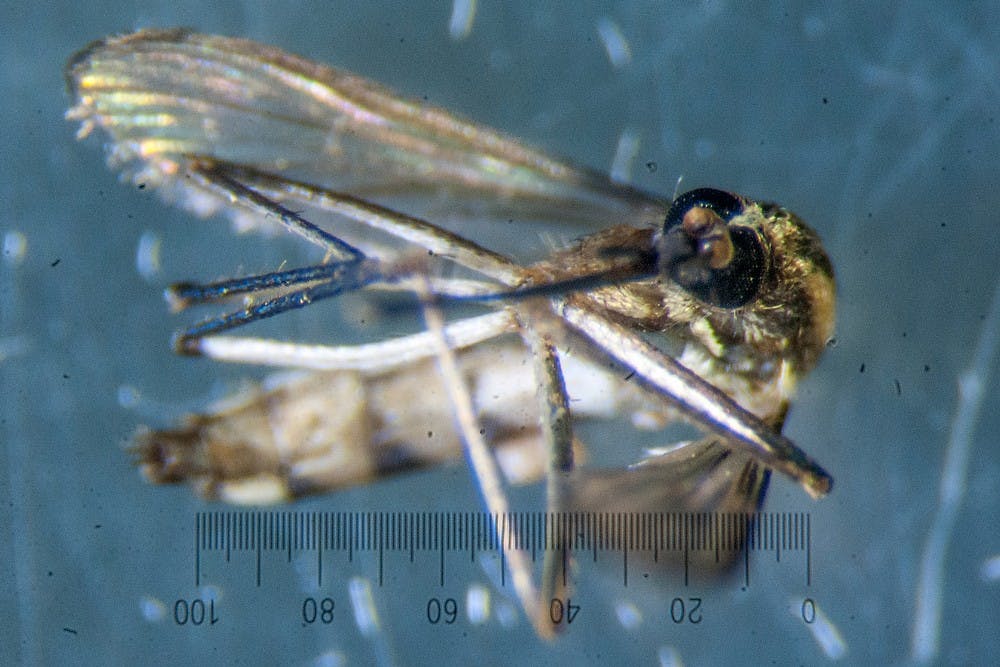Reports of the Zika virus’ spread across Latin America have been met with urgent warnings from the World Health Organization, or WHO, and other global health institutions. Confirmed cases of Zika virus have been found in Texas, in the state of Georgia and Spain, galvanizing concern about the effects of the virus on pregnant women and driving support for further research.
For international students from Latin America, where the outbreak originated, the response has been less panicked.
“No one really cared much about it, especially since less than two years ago we had an outbreak of a similar virus called chikungunya, which is a lot more aggressive,” Dominican Republic native and international relations senior Gabriela Arias said.
While not diminishing the concern surrounding Zika, Arias feels the WHO’s warnings are somewhat over exaggerated.
“There’s worse things to worry about in the third world,” she said.
Political science and supply chain management sophomore Arturo Ford Sosa, originally from Panama, shares Arias’ sense of calm.
“I’m not particularly worried,” Ford Sosa said. “The media worldwide tends to blow things significantly out of proportion. ... While having Zika is painful, deaths resulting from it are extremely rare.”
The Centers for Disease Control and Prevention, or CDC, backs up that claim. Spread by a genus of mosquito known as Aedes aegypti, the CDC reported that about one in five people infected with the Zika virus will actually get sick from a Zika infection. Symptoms of a Zika infection typically include fever, rash, joint pain or pink eye.
According to the CDC website, “people usually don’t get sick enough to go to the hospital, and they very rarely die of Zika.”
Ford Sosa and Arias still both acknowledge that growing up in tropical countries carries risks of mosquito-born diseases. Whereas Arias and Ford Sosa feel the concern is overstated by international media, fisheries and wildlife sophomore and Puerto Rico native Waldemar Ortiz was not as quick to minimize the unique threat Zika possesses for Latin American residents.
“Personally, I am very concerned with the virus,” Ortiz said. “It is something that is basically unknown and in these moments it is crucial for the medical community to work in unison to better provide for the victims of these circumstances.”
The greater concern surrounding the virus stems from significant correlations between Zika infection in pregnant women and infants born with microcephaly — a birth defect resulting in underdeveloped brains and small skull sizes.
Brazil has been the hardest hit by what could be Zika-related microcephaly. Since October 2015, the nation’s Health Ministry reported roughly 4,700 new cases of suspected microcephaly.
Despite that concerning statistic, members of the Brazilian student group Brazuca were still fairly calm and reserved regarding the outbreak and how it is being handled.
“As a community, we are highly concerned about the Zika virus situation in Brazil. On the other hand, we acknowledge that the government is on top of the situation and we are confident that they will take care of it,” members of the e-board of Brazuca said in a statement.





